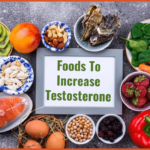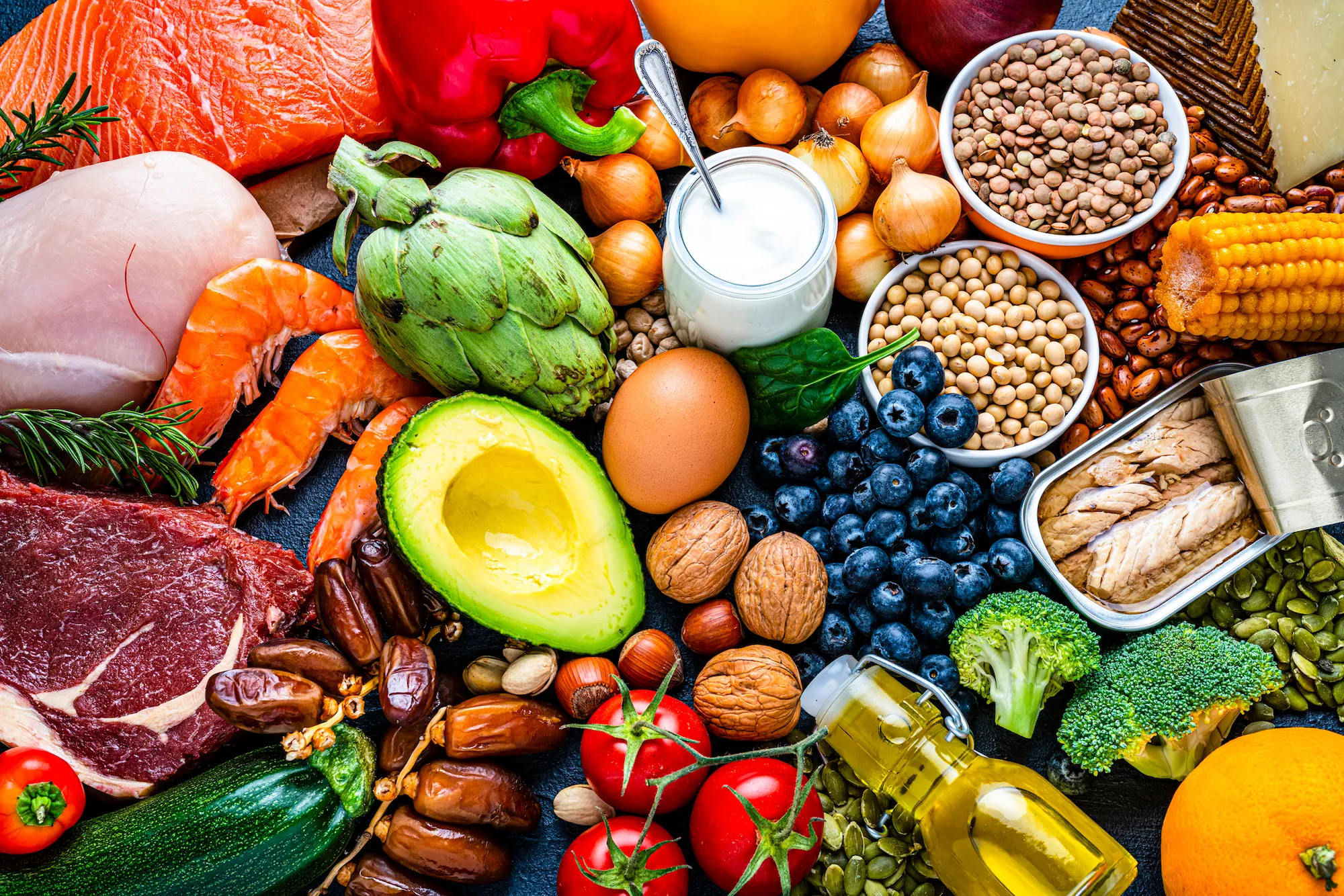Several healthy eating myths exist and can sometimes lead to confusion. Let’s debunk some of these myths:
- Myth: Fat is always bad for you.
Fact: Healthy fats are essential for the body. Unsaturated fats (found in avocados, nuts, and olive oil) are beneficial for heart health and can provide energy. It’s important to limit saturated and trans fats, found in fried and processed foods.
- Myth: Carbohydrates cause weight gain.
Fact: Carbohydrates are an important energy source for the body. Choosing whole grain options, fruits, vegetables, and legumes can offer fiber, vitamins, and minerals without causing weight gain. It’s the overconsumption of highly processed and sugary carbs that may contribute to weight gain.
- Myth: Eating late at night leads to weight gain.
Fact: It’s the overall calorie intake that matters, not the timing of your meals. As long as you maintain a calorie balance throughout the day, eating at night does not directly lead to weight gain.
- Myth: Eggs are bad for cholesterol.
Fact: Eggs are a nutritious food and can be part of a healthy diet. The cholesterol in eggs has less impact on blood cholesterol levels for most people compared to the saturated and trans fats in the diet. If you have specific concerns about cholesterol, consult with a healthcare professional.
- Myth: All processed foods are unhealthy.
Fact: While many processed foods can be high in added sugars, unhealthy fats, and sodium, not all processed foods are the same. Some minimally processed options like canned beans, frozen fruits, and pre-cut vegetables can be a convenient and healthy choice.
- Myth: You need to avoid gluten for better health.
Fact: Many people can safely consume gluten-containing foods unless they have celiac disease or non-celiac gluten sensitivity. For those individuals, a gluten-free diet is necessary, but for others, there is no evidence that avoiding gluten improves health.
- Myth: Detox diets are effective for cleansing the body.
Fact: Your body has its own natural detoxification system (liver, kidneys, and other organs). There is no scientific evidence that specific detox diets or juice cleanses are necessary or beneficial for detoxification.
- Myth: Supplements can replace a healthy diet.
Fact: While supplements have their place, they cannot compensate for an unhealthy diet. It’s best to get nutrients from a well-balanced diet with whole foods whenever possible.
Remember, individual needs may vary, so it’s always a good idea to consult with a healthcare professional or registered dietitian to receive personalized advice that suits your specific dietary requirements and health conditions.











